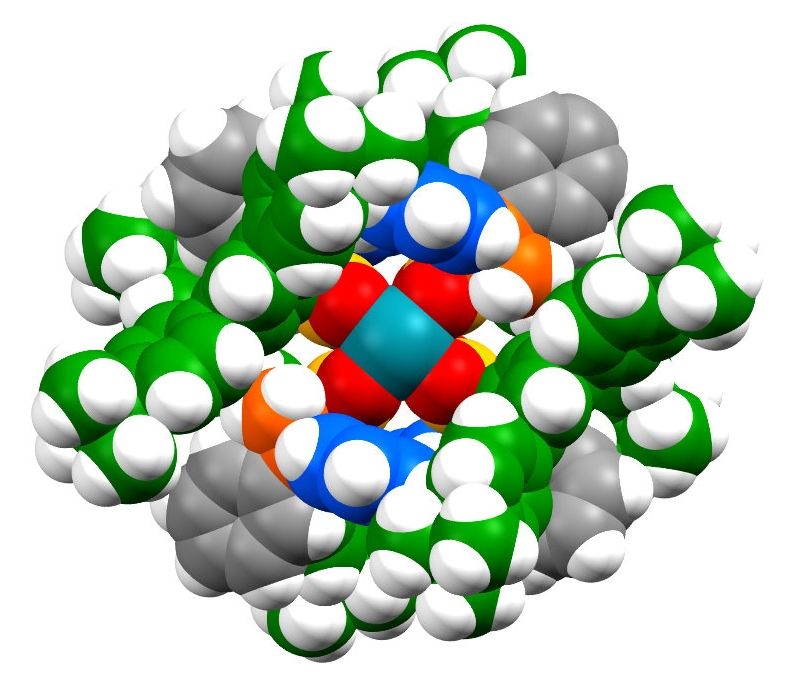Chemists have taken another major step in the quest to use carbon-hydrogen bonds to create new molecules, a strategy that aims to revolutionize the field of organic synthesis.
The journal Nature is publishing the work by chemists at Emory University. They demonstrated the ability to selectively functionalize the unreactive carbon-hydrogen (C-H) bonds of an alkane without using a directing group, while also maintaining virtually full control of site selectivity and the three-dimensional shape of the molecules produced.
“The catalyst control we have found goes beyond what has been achieved before,” says Huw Davies, an Emory professor of organic chemistry whose lab led the research. “We’ve designed a catalyst that provides a huge shortcut for how chemists can turn a simple, abundant molecule into a much more complex, value-added molecule. We hope this gives people a fundamentally new view of what can be achieved through C-H functionalization.”










Comments are closed.